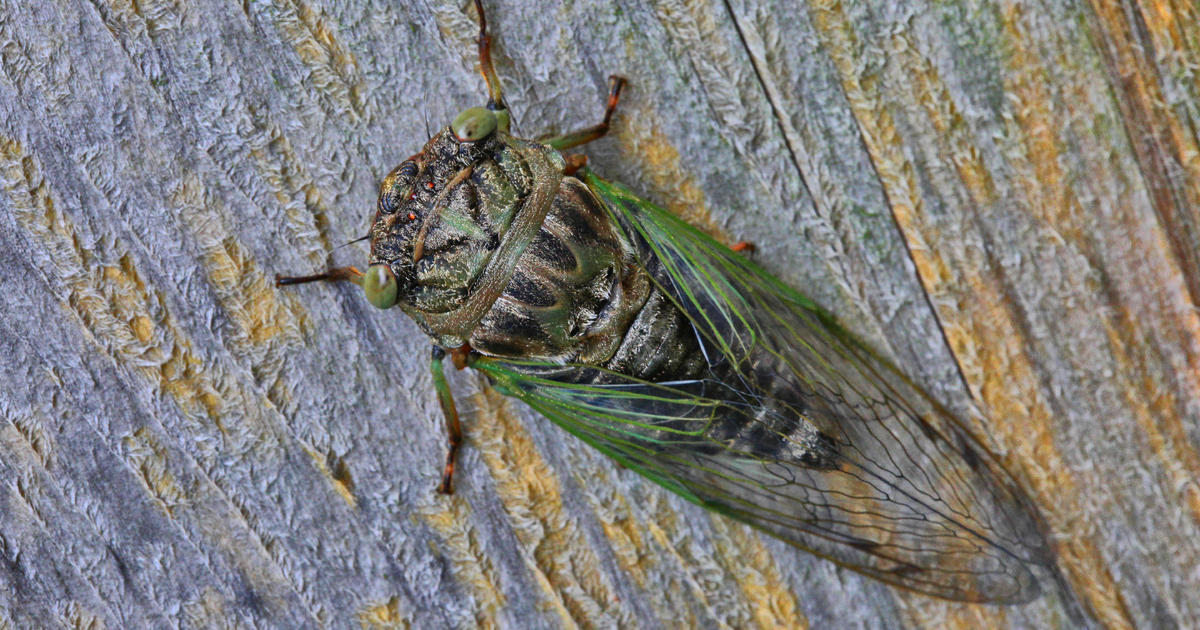U Of M Lab Fights Food Terrorism, Misinformation
MINNEAPOLIS (WCCO) - They're the food police you haven't heard of.
Right here in the Twin Cities, researchers are working to keep our food safe from terrorism. They are the food-arm of the Department of Homeland Security. The other thing they do is try and make sure the foods in your pantry don't have secret ingredients.
They've got some everyday advice you can use at the store.
On the U of M campus, in an underground room, you'll find the National Center for Food Protection and Defense. Picked in 2004 for its extensive science programs, this U of M based operation oversees labs across the country, trying to prevent food terrorism and to protect you from being misled by labels.
Dr. Amy Kircher is the director of the center.
"I would say it is a patriotic job," she said. "It certainly is something we do in support of the homeland security of our country."
She says, "We've captured 26 events where there's been some food fraud in alcoholic beverages."
They found one company was putting an ingredient found in anti-freeze into vodka.
Sometimes the additives are quite harmful to your health, other times they're just a nuissance. Case in point, something most every kitchen is stocked with, dried spices.
Kircher says mixed varieties can be tricky.
"Different shapes and sizes so somebody could add a filler to that spice that would not be on the label and that may be to increase the bulk, or the weight," she said.
Kircher gave WCCO some things to look out for while shopping for three of the biggest offenders.
She says fish is often mislabeled: It may be sold as fresh tuna or tilapia, when it's actually a cheaper farmed fish.
She says to buy from a known seafood counter.
"The other thing you can do is really understand the fish you'd like to consume," she said. "So does it look like the piece of fish you expect it to? Is there any discoloring?"
She also warns that another common deception can be sweet--honey. It's sometimes shipped through other countries to avoid U.S. inspection for additives with antibiotics. So with honey, she suggests buying from a very local source.
As for the food many of us use every day, Kircher says, "often olive oil is diluted with other oils."
Kircher says to buy oil made entirely in a region known for olives.
"Pay the price for olive oil that you would expect it to be, " she said. "Buying olive oil at $1.99 might be an indication that it's not authentic."
She says they don't want to scare people, just make them cautious, and aware they are working hard against "food fights."
Some other quick things to watch out for, some labels for olive oil are designed to look Italian, but when you read closely, the olives are actually from another country, like Tunisia.
And another trick to get authentic fish: If you can find it with the head on, it's easiest to verify you're buying what you think you're buying.
For more information, you can visit the National Center for Food Protection and Defense website.



